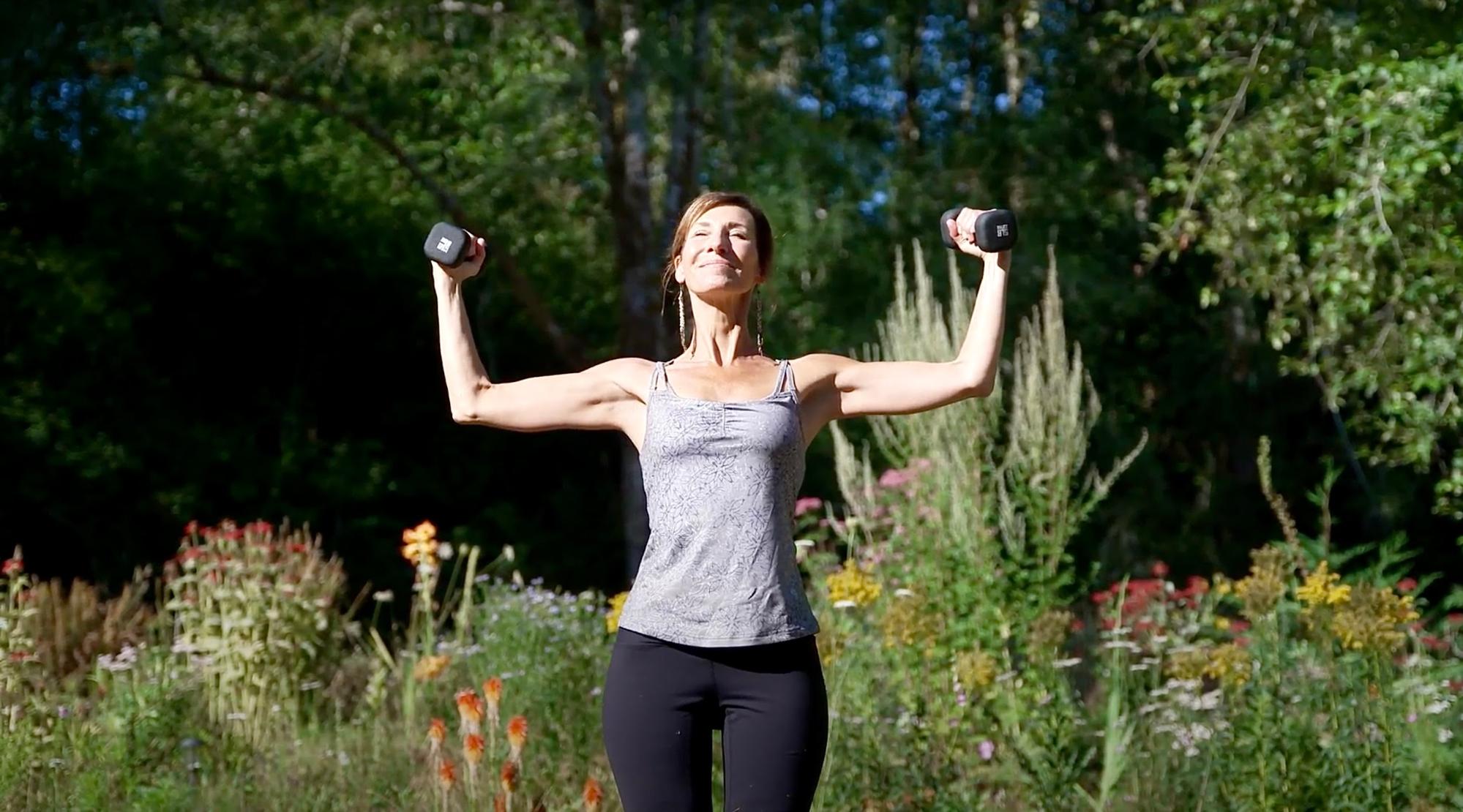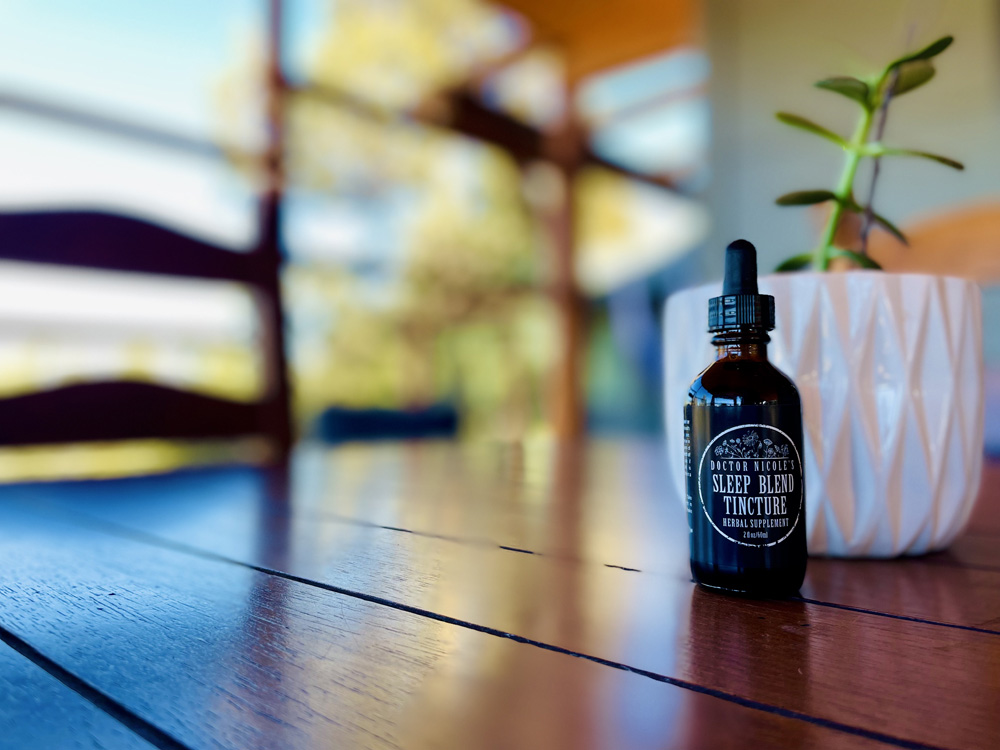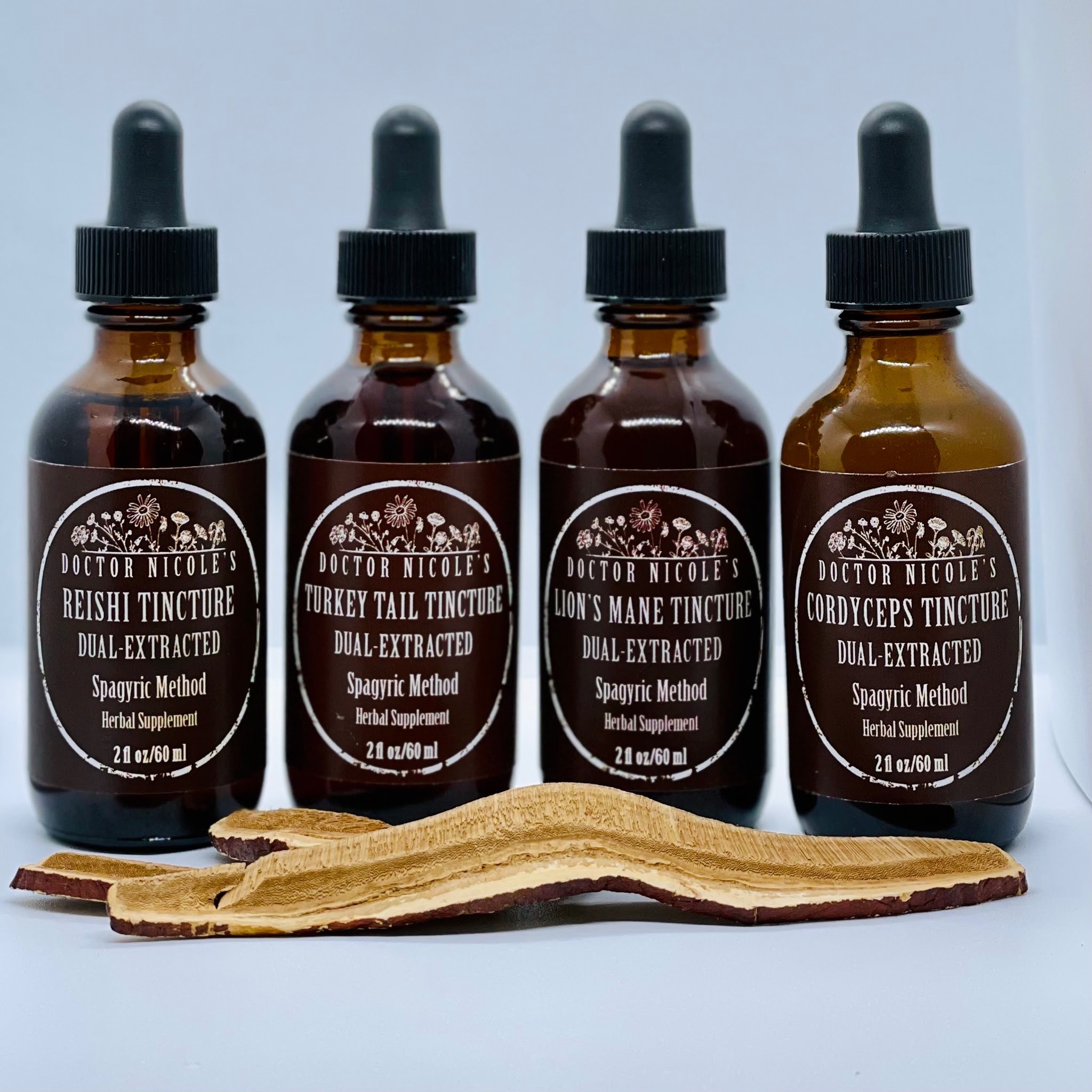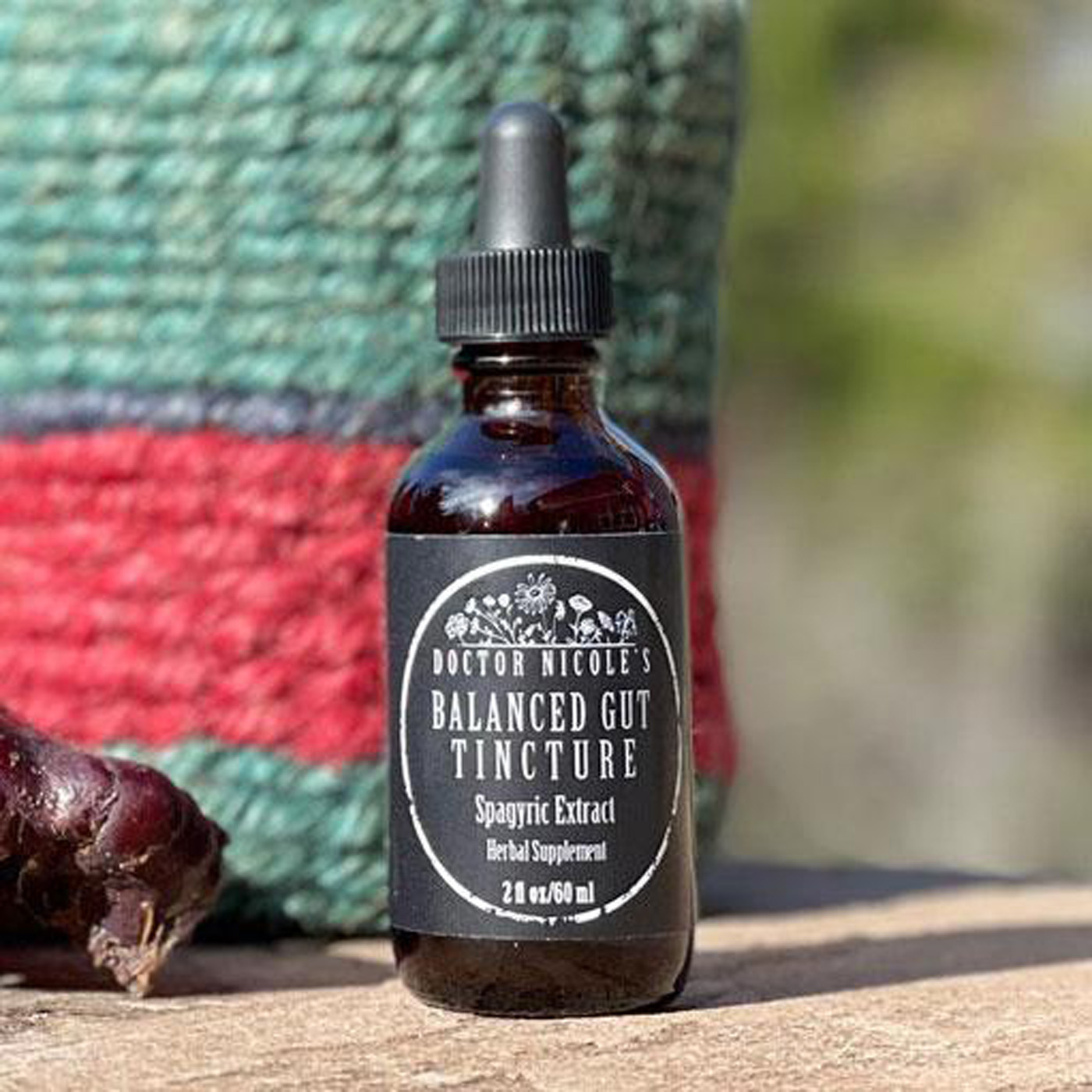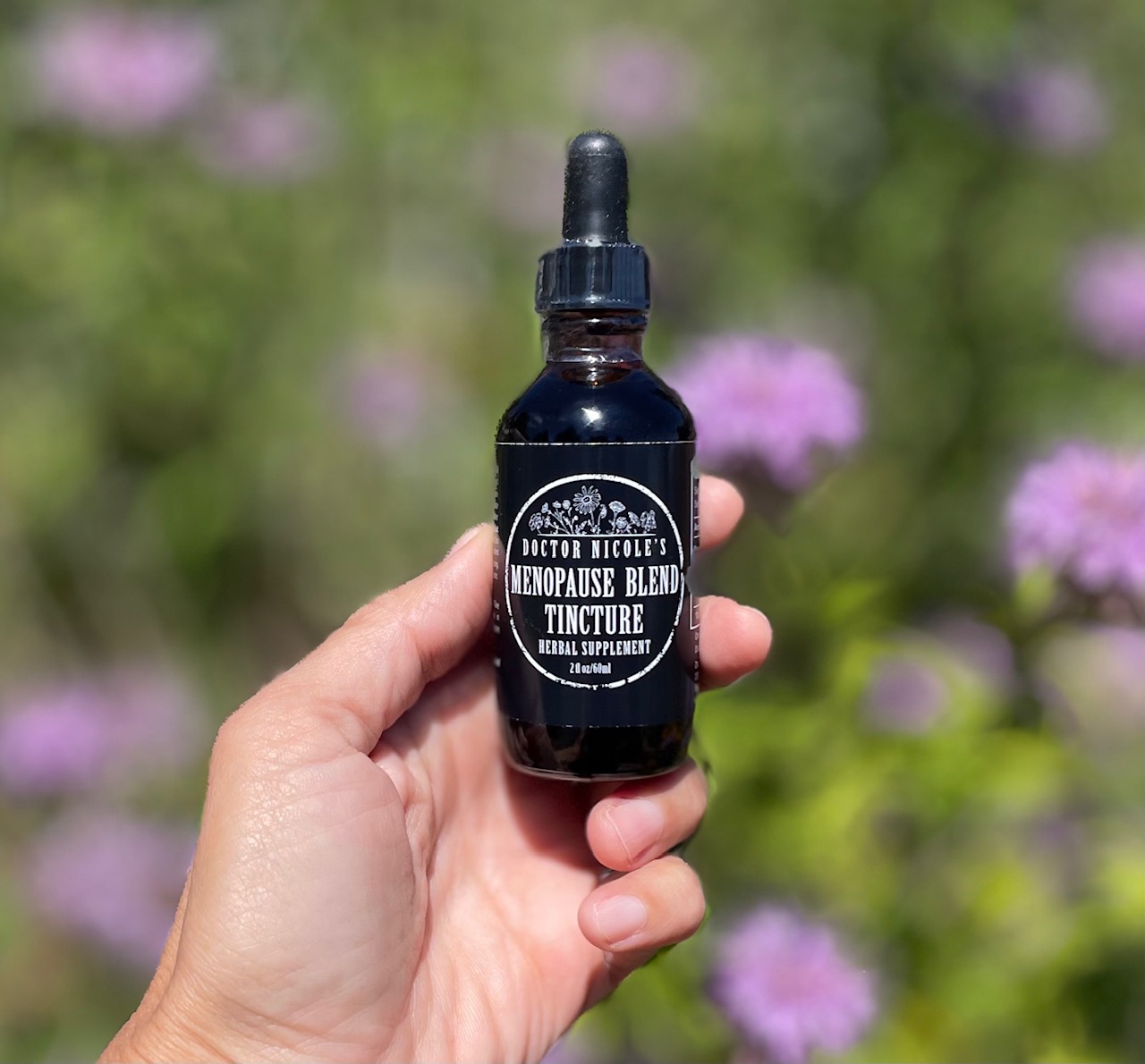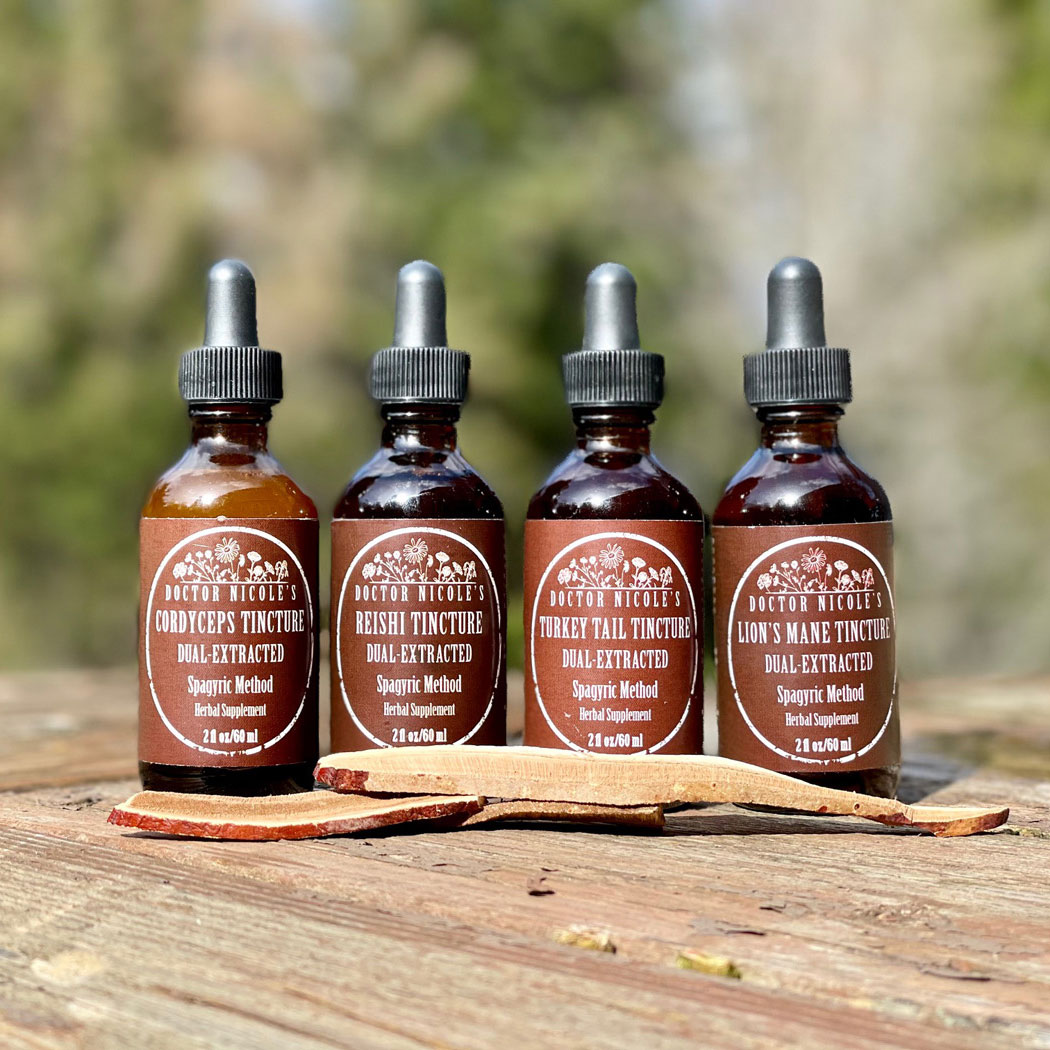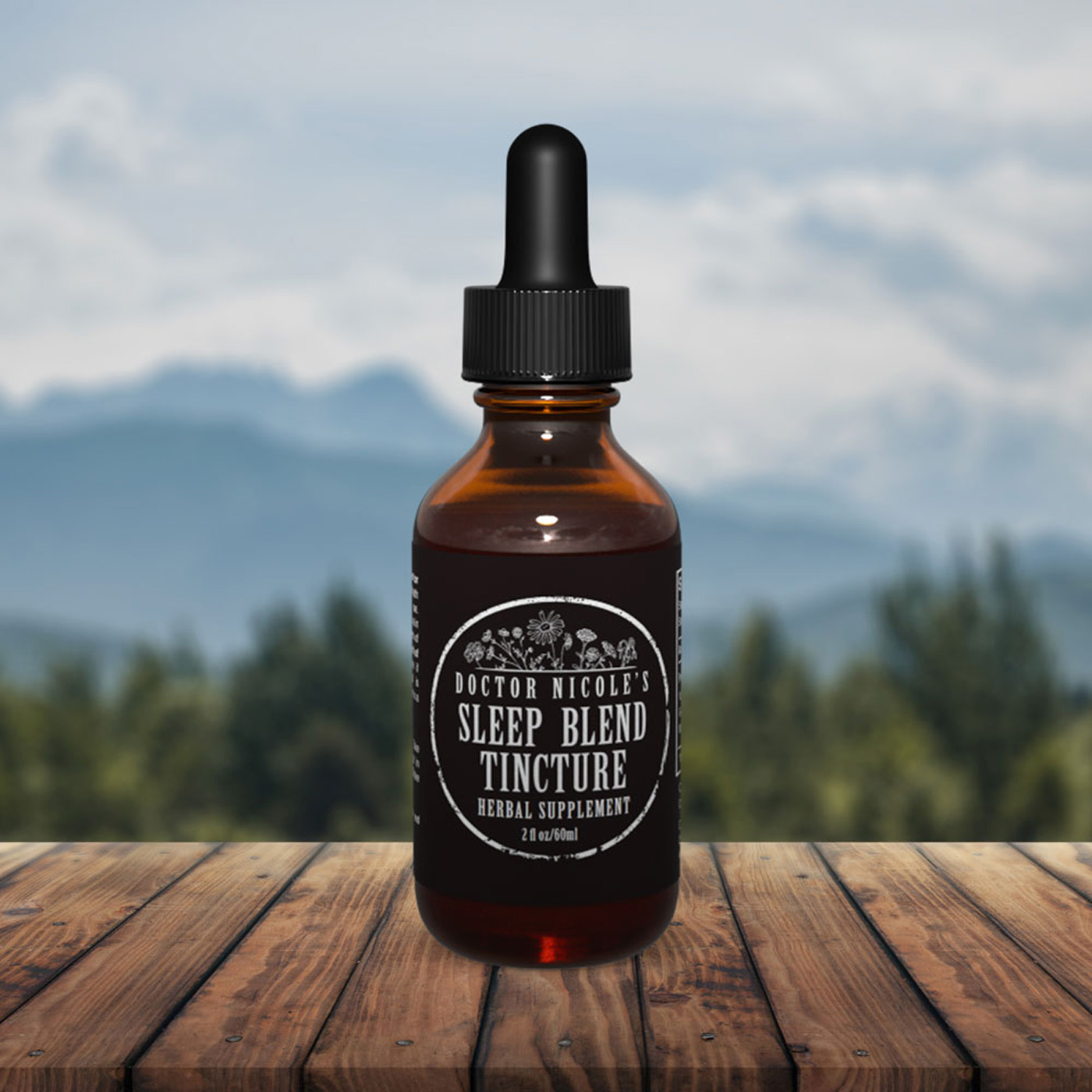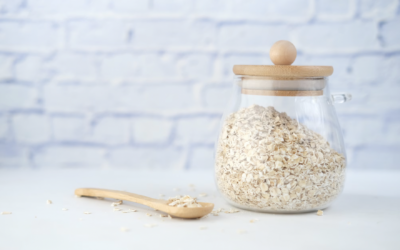A Common Supplement Redefining Health
Known as a supplement by both athletes and gym enthusiasts to help build lean muscle and support recovery, new research is uncovering even more benefits of creatine monohydrate — including better sleep, improved cognitive function, weight loss, and lower inflammation. Because of this, researchers are investigating the use of creatine for autoimmune conditions and menopause, with promising results. In this post, we’ll take a closer look at the latest studies and how creatine can help support everyday health.
What is Creatine?
Found mainly in the muscles, creatine is an amino acid that helps to generate energy during high-intensity activities and resistance training. Studies have shown that the compound improves maximal power and strength by an impressive 5%-15%.2 Research suggests that the more you store in the form of phosphocreatine, the more energy muscle cells can generate during high-intensity workouts. It also helps to reduce muscle cramps and fatigue, improve exercise performance, and support faster recovery.1 However, levels of this essential compound decline with age, which is one of the reasons why creatine supplementation has been widely studied and embraced as a safe, effective method to slow down age-related decline of muscle mass, strength, and bone density.3,4 Now, researchers are investigating the role creatine plays in cognitive health, menopause, and autoimmunity.
Cognitive Health
Creatine isn’t just for muscles; it can also give your brain a boost. Studies show it can help with memory, focus, and how quickly you process information. Researchers believe this is because creatine helps to fuel your brain cells and protect them. In higher doses, it has been shown to reduce mental fatigue and improve memory, especially when you’re feeling worn out.5,6,7
Interestingly, creatine levels in the brain can drop during times of stress and may affect how well your brain functions. That’s why supplementation could have even greater benefits when you’re under acute or chronic stress.8 Studies have established that taking creatine increases brain stores of the amino acid, which may support a range of cognitive functions, including better memory, sharper focus, quicker mental processing, and improved mood — especially among older adults experiencing age-related cognitive decline.5,6,9,10 What’s more, creatine supplementation has been found to limit or reverse the structural changes that lead to the breakdown of the nervous system in neurodegenerative disorders, such as Parkinson’s and multiple sclerosis.10
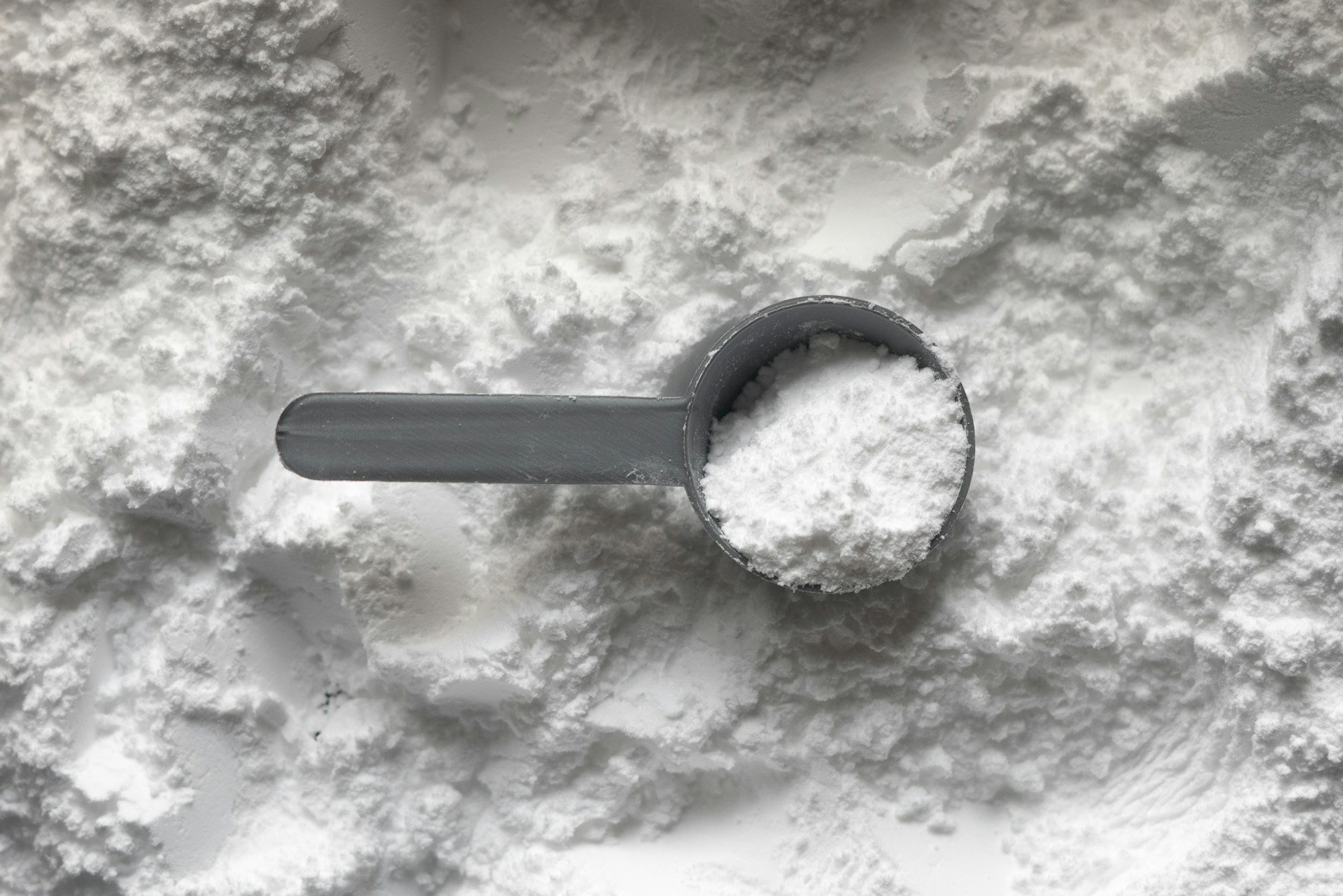
Menopause
If you are perimenopausal or menopausal, creatine may help here, too. A small study published in the Journal of the International Society of Sports Nutrition found that the 15 female participants (five perimenopausal and ten menopausal) experienced positive improvements in muscle strength, body composition, and sleep quality with fewer nighttime awakenings and better rest in general after taking 5g of creatine per day.11 The women also had a boost in cognitive function.
The team believes their findings are associated with creatine’s impact on adenosine metabolism — a compound associated with energy regulation, immune response, and neurotransmission that’s important for supporting quality sleep and lowering oxidative stress in the brain.
“Creatine supports cellular energy production, which plays a role in muscle maintenance, cognitive function, and sleep regulation – areas that are especially relevant during menopause,’ says lead researcher Lauren Hall. ‘Given its safety profile and broad physiological role, creatine remains a promising supplement for midlife women seeking to preserve muscle mass, enhance energy, and support brain health – whether they’re in the gym or simply aiming to stay active and well.”12
It may also help to increase bone strength and density in postmenopausal women when combined with resistance training.14 This is an important consideration for menopausal women as lower estrogen levels contribute to a higher risk of osteoporosis.
Autoimmunity
Supplementing with creatine may address autoimmune symptoms as well. Beyond helping to clear brain fog, counteracting muscle wasting, relieving depression, and cooling inflammation, studies have shown the compound also has immunomodulatory properties. “Recent preclinical evidence suggests that creatine may attenuate TLR-mediated signalling and reduce the expression of proinflammatory cytokines,” according to research in Medical Hypotheses that was published this past August.
The team found that creatine supplementation provides a promising dual-action strategy for Systemic Lupus Erythematosus (SLE) by attenuating “TLR-mediated signalling and reducing type I and III interferon responses, which are key drivers of SLE pathogenesis. Simultaneously, creatine’s ergogenic and anti-inflammatory effects may counteract muscle wasting and improve physical function.”
Plant-Based Herbal Solutions
In addition to reaping the benefits of creatine, our apothecary’s Menopause Blend and Sleep Blend offer full-spectrum menopause support.
If you need extra help balancing the female hormonal system, our potent menopause formulation contains both black cohosh and red clover — two traditional herbal remedies used to help ease symptoms and health concerns of menopause. Often used before bedtime to combat nighttime symptoms, it may be used for daytime support as well.
For an herbal formulation exclusively created to calm sleep disruptions that often accompany menopause, our Sleep Blend combines potent extracts of valerian root, hops, chamomile, and passionflower to encourage deep, rejuvenating sleep and to calm the nervous system.
Primary tinctures to address autoimmune concerns include our Mushroom FOURtress Bundle and Balanced Gut Blend.
Our collection of mushroom tinctures is crafted using dual-extracted, fruiting body mushrooms for maximum potency and effectiveness. Cordyceps supports the body, lungs, and brain for both chronic and acute concerns; Lion’s Mane promotes cognitive and nerve function, boosts energy, and eases stress; Reishi helps the body cope with stress while supporting sleep and immune health; and Turkey Tail is one of my top picks for easing inflammation, supporting gut health, and promoting balanced blood sugar.
Since leaky gut is linked to autoimmune disorders, inflammation, and a dysregulated immune system, tending to gut health is a primary concern. This is why I developed our Balanced Gut Blend. It contains anti-inflammatory and soothing herbs that help to heal the intestinal tract and support healthy gut function.
The Takeaway
Once known simply for improving athletic performance, creatine is now gaining attention for its broad wellness benefits — from improving memory, focus, and sleep to supporting hormone balance during menopause and easing symptoms tied to autoimmunity. Research shows it can help boost cognitive function, reduce inflammation, and support energy and muscle maintenance, especially as we age.
At my apothecary, we offer targeted herbal blends, including our Menopause Blend, Sleep Blend, Balanced Gut Blend, and Mushroom FOURtress Bundle to complement these benefits naturally.
Explore how our all-natural extracts can support your brain, body, and hormones — visit Nicole’s Apothecary today and experience the difference our clinically-informed remedies can make!
Nicole Apelian
Nicole’s Apothecary Products in this Post
References
- Wu SH, Chen KL, Hsu C, et al. Creatine supplementation for muscle growth: a scoping review of randomized clinical trials from 2012 to 2021. Nutrients. 2022;14(6):1255. doi:10.3390/nu14061255
- Wax B, Kerksick CM, Jagim AR, et al. Creatine for exercise and sports performance, with recovery considerations for healthy populations. Nutrients. 2021;13(6):1915. doi:10.3390/nu13061915
- Smith-Ryan AE, Cabre HE, Eckerson JM, et al. Creatine supplementation in women’s health: a lifespan perspective. Nutrients. 2021;13(3):877. doi:10.3390/nu13030877
- Sales LP, Pinto AJ, Rodrigues SF, et al. Creatine Supplementation (3 g/d) and Bone Health in Older Women: A 2-Year, Randomized, Placebo-Controlled Trial. J Gerontol A Biol Sci Med Sci. 2020;75(5):931-938. doi:10.1093/gerona/glz162
- Avgerinos KI, Spyrou N, Bougioukas KI, Kapogiannis D. Effects of creatine supplementation on cognitive function of healthy individuals: A systematic review of randomized controlled trials. Exp Gerontol. 2018;108:166-173. doi:10.1016/j.exger.2018.04.013
- Avgerinos KI, Spyrou N, Bougioukas KI, Kapogiannis D. Effects of creatine supplementation on cognitive function of healthy individuals: A systematic review of randomized controlled trials. Exp Gerontol. 2018;108:166-173. doi:10.1016/j.exger.2018.04.013
- Xu C, Bi S, Zhang W, Luo L. The effects of creatine supplementation on cognitive function in adults: a systematic review and meta-analysis. Front Nutr. 2024;11:1424972. doi:10.3389/fnut.2024.1424972
- Dolan E, Gualano B, Rawson ES. Beyond muscle: the effects of creatine supplementation on brain creatine, cognitive processing, and traumatic brain injury. Eur J Sport Sci. 2019;19(1):1-14. doi:10.1080/17461391.2018.1500644
- Kreider RB, Stout JR. Creatine in health and disease. Nutrients. 2021;13(2):447. doi:10.3390/nu13020447
- Forbes SC, Cordingley DM, Cornish SM, et al. Effects of creatine supplementation on brain function and health. Nutrients. 2022;14(5):921. doi:10.3390/nu14050921
- Hall, Lauren et al. “Impact of creatine supplementation on menopausal women’s body composition, cognition, estrogen, strength, and sleep.” Journal of the International Society of Sports Nutrition vol. 22,Suppl 1 2533673. 16 Jul. 2025, doi:10.1080/15502783.2025.2533673
- “Creatine could transform menopause health – new research shows why” by Hannah Bradfield, Women’s Health, September 18, 2025. https://www.womenshealthmag.com/uk/food/a67948463/creatine-benefits-menopause/
- Emanuel Amezcua-Castillo, Luis M Amezcua-Castillo, Laura Barragán-Huerta, Diana Castillo-Martínez, Luis M Amezcua-Guerra, Creatine supplementation as a dual therapeutic strategy for sarcopenia and immune dysregulation in systemic lupus erythematosus: A hypothesis-driven approach, Medical Hypotheses, Volume 201, 2025. https://doi.org/10.1016/j.mehy.2025.111710.
- Candow, Darren G et al. “Efficacy of Creatine Supplementation and Resistance Training on Area and Density of Bone and Muscle in Older Adults.” Medicine and science in sports and exercise vol. 53,11 (2021): 2388-2395. doi:10.1249/MSS.0000000000002722

